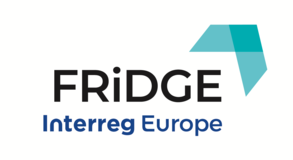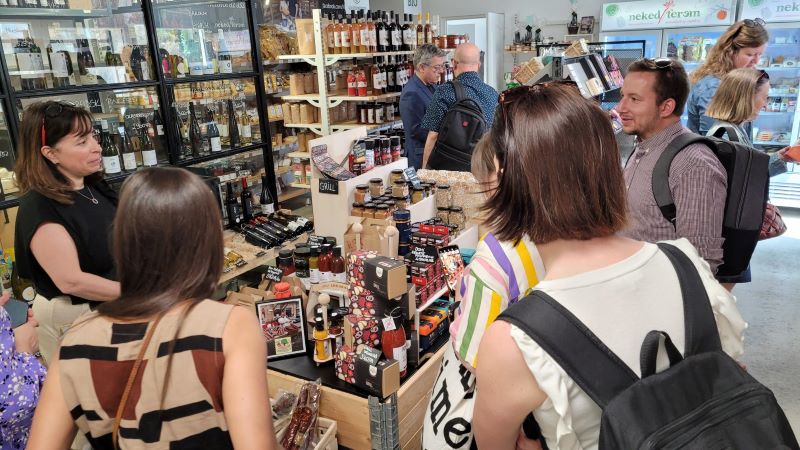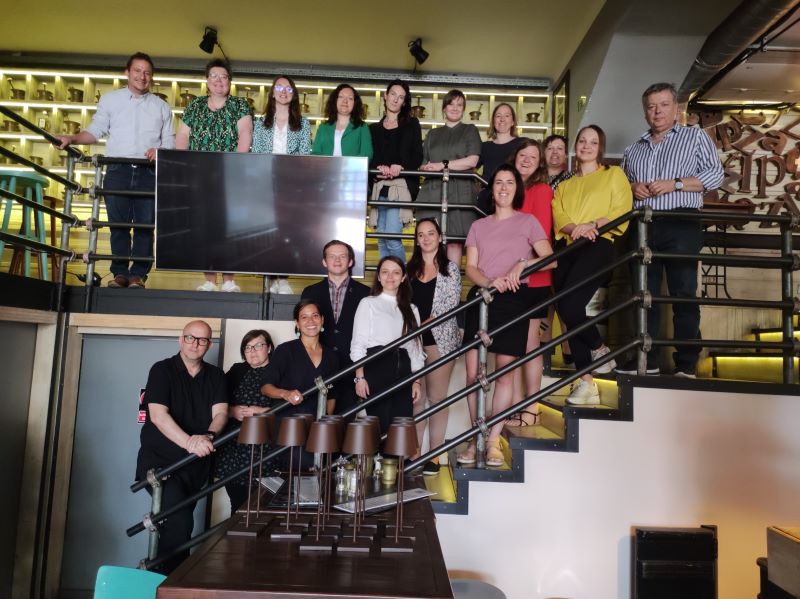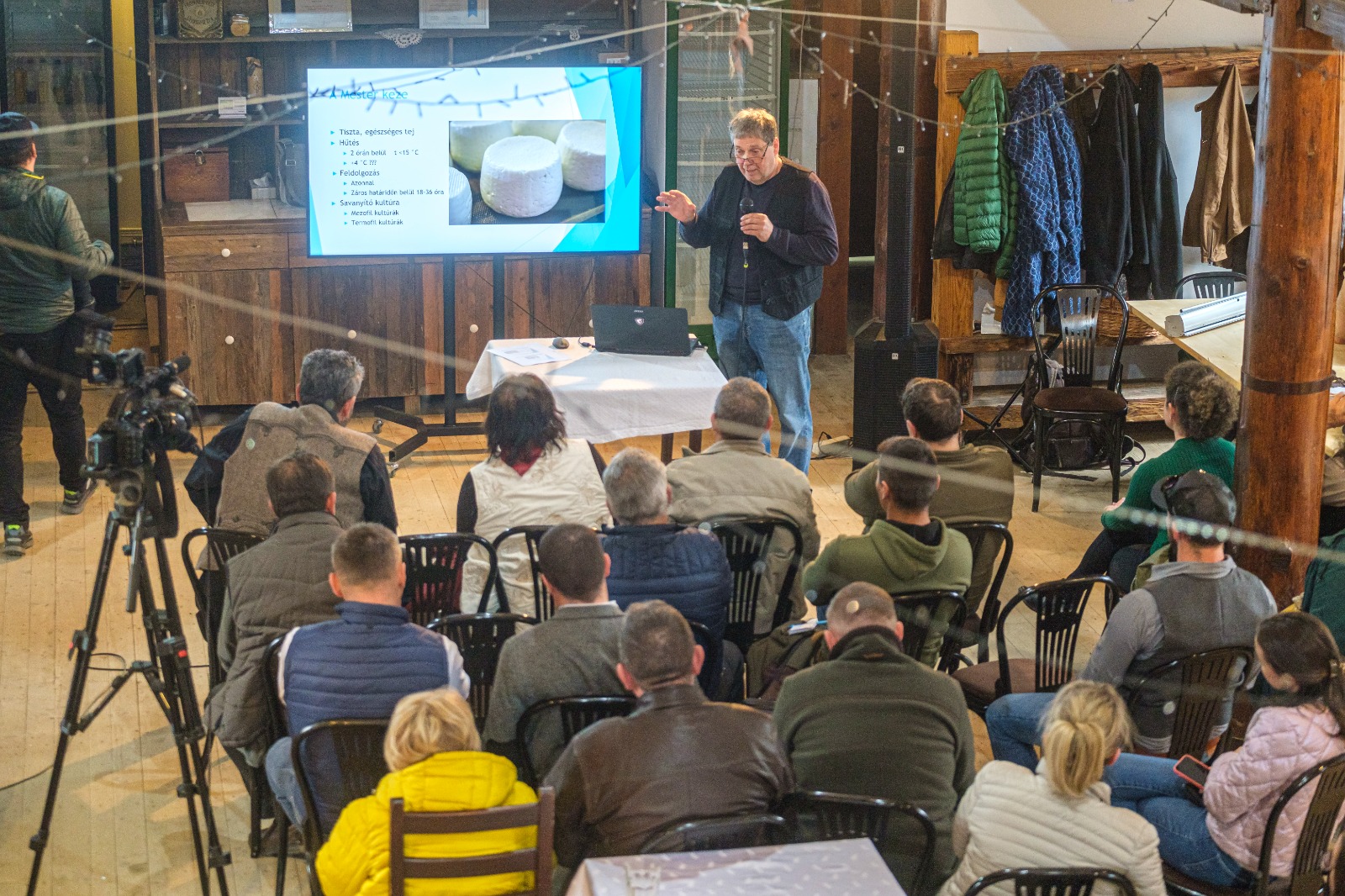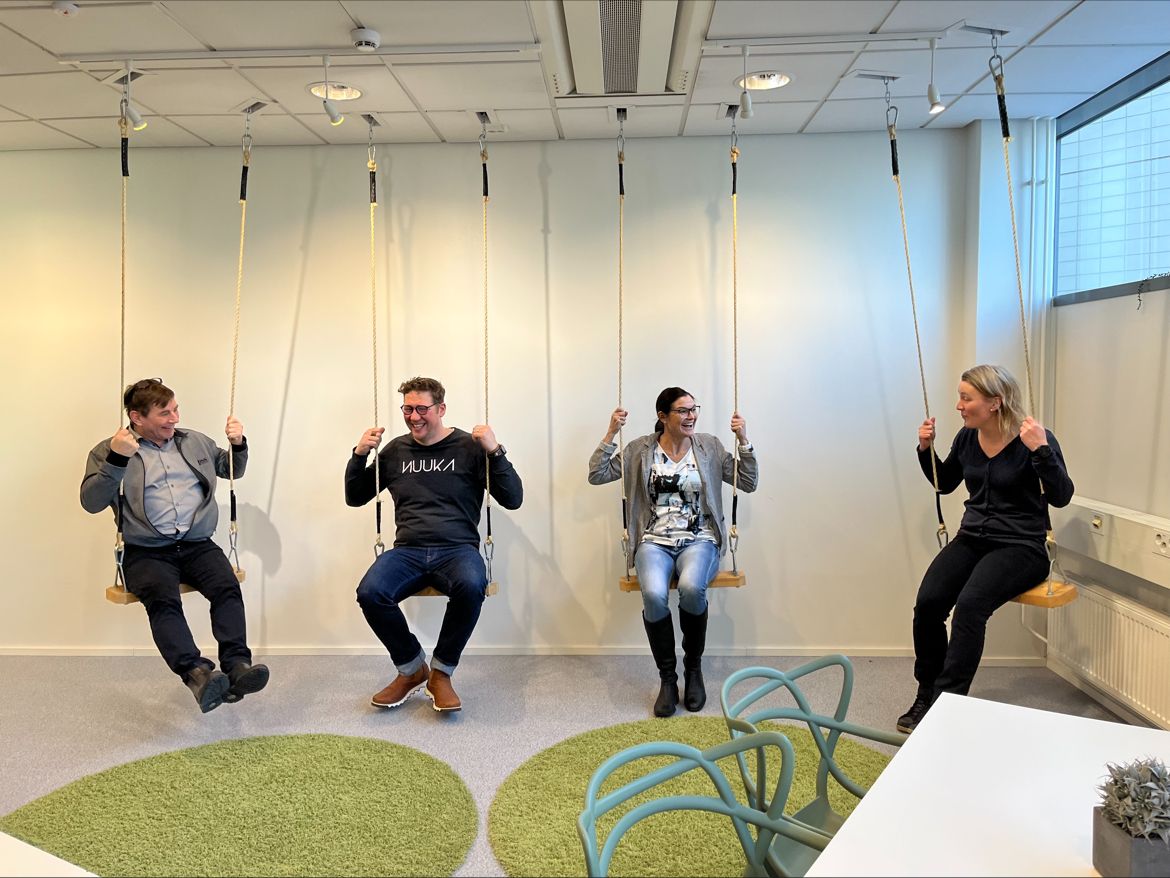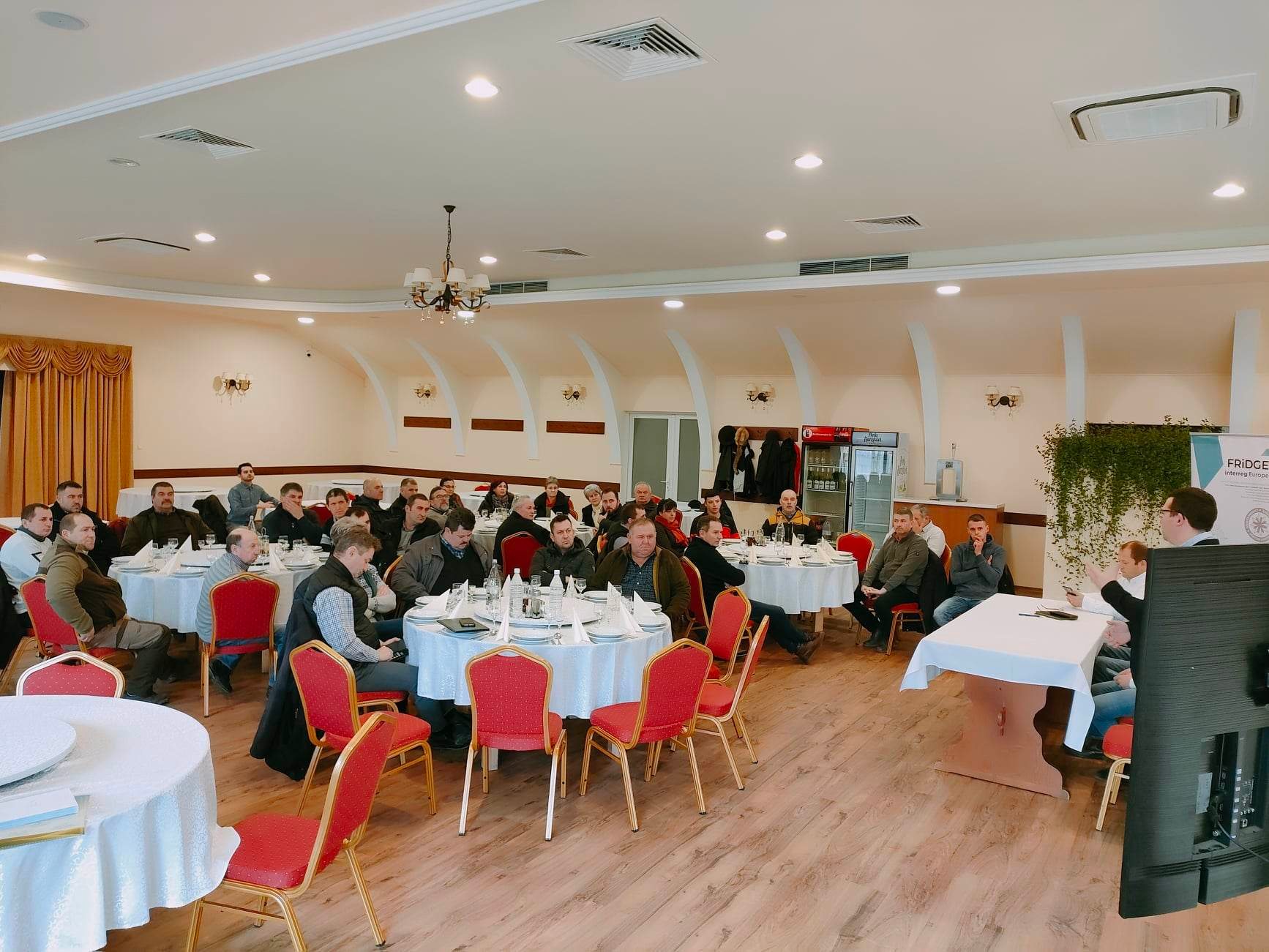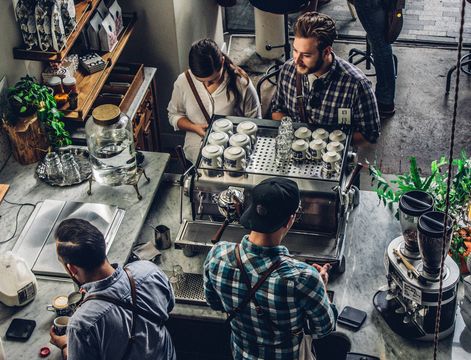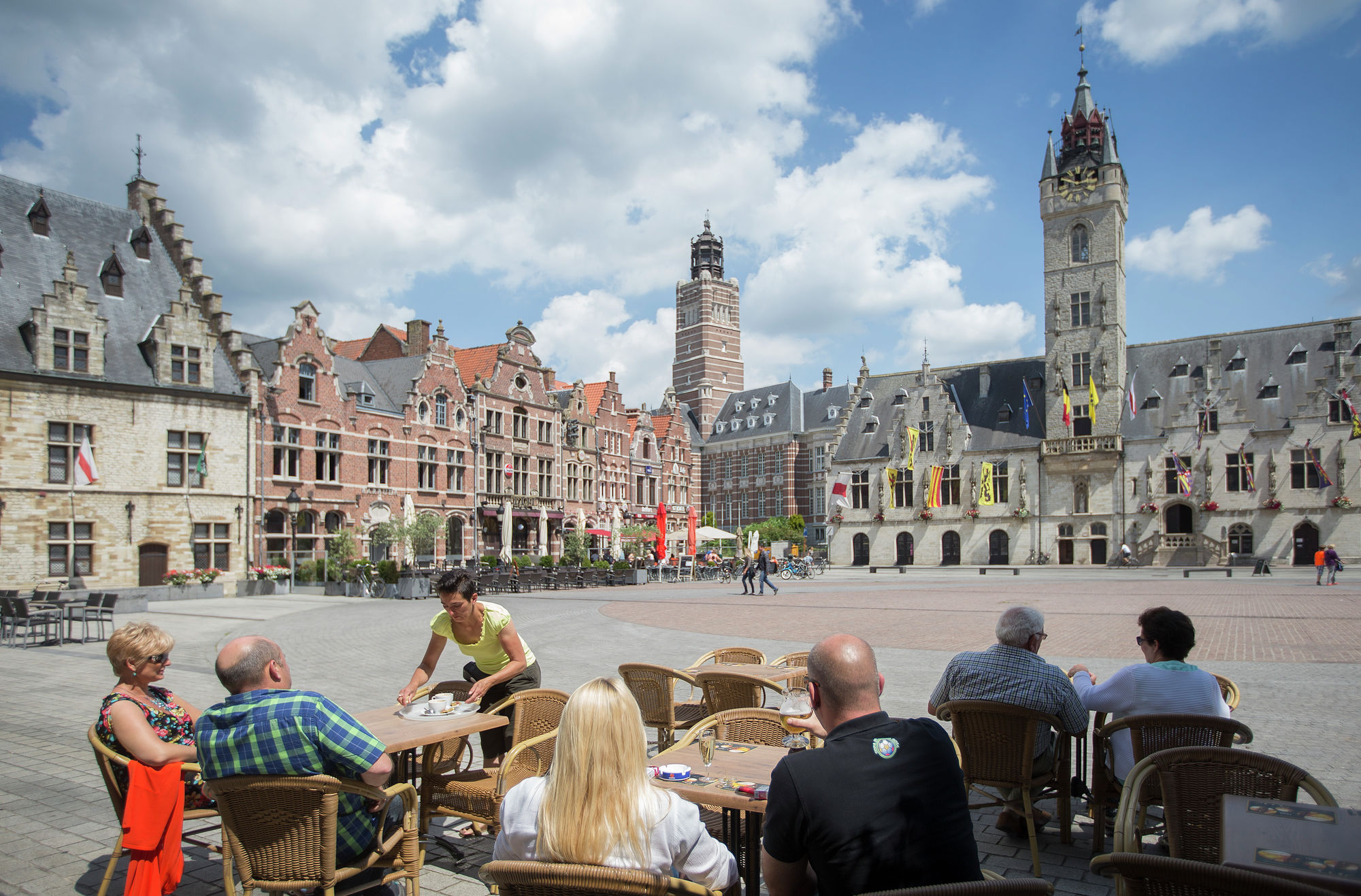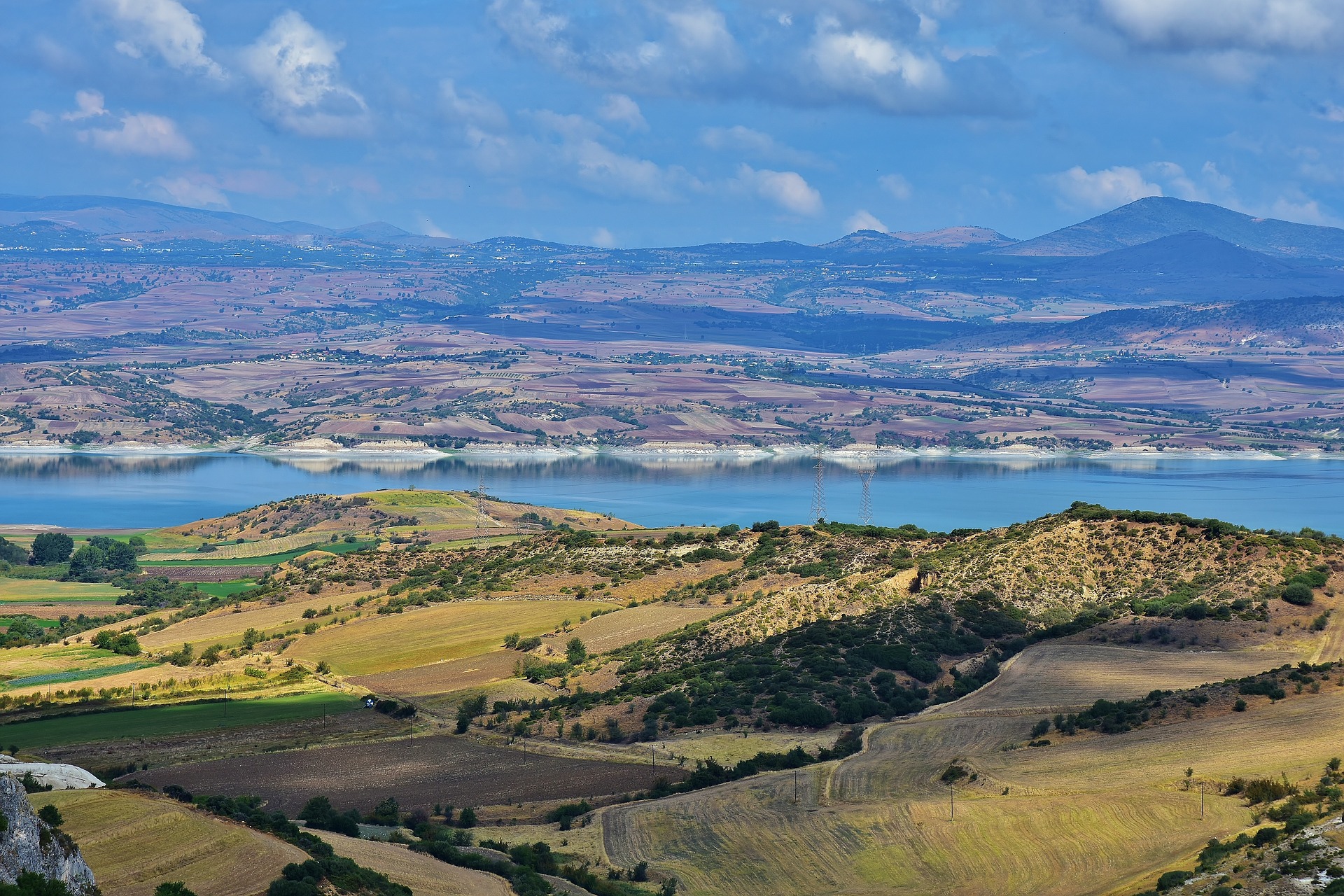Project FRiDGE (Development of food industry SME competitiveness for better potentials in growth) deals with one of the most important aspects of European food and drink industries: SME competitiveness. Six European regions work together to exchange experiences, improve relevant operational programmes and regional policies on the development of the food sector.
The second partner meeting & first Study Visit took place in East-Flanders (Belgium) from 18th to 20th of February 2020. The Economic Council of East-Flanders hosted the meeting.
Day 1: project management and partner presentations
On the first day of the meeting different project management issues were tackled. Based on the regional analysis of the local food industries, the partners presented their regional food cluster to each other. They also discussed the methodology to exchange good practices. Hans De Steur, professor at Ghent University, presented the survey on ‘challenges for food SMEs’ that will take place in all six regions. In the upcoming weeks, this all will lead to a comparative examination on regional policies, territorial needs and actual state of the food industry.

Each partner presented the current state of local food industries in their region.
On the same day the partners also visited the Groot Vleeshuis : a promotional center for regional food products, owned by the Economic Council of East-Flanders. Consumers and tourists can taste and buy regional specialities there as a result of the cooperation between the Economic Council and more than 50 local food SMEs.

Over 50 East Flemish producers are presnted at Butcher's Hall / Groot Vleeshuis.
Day 2: Study Visits
On Wednesday 19th of February, the Study Visit took place. First the partners visited the Food Pilot of the ILVO (Research institute for agriculture, fisheries and food). In the Food Pilot, food SMEs can create and test new products with new machinery provided and assisted by experts, not limited just to using the machinery but services ranging from consultancy, focus groups to professional tasting. The Food Pilot - a half-public, half-private institution cooperates with food SMEs and guides them from ideas to a finished product.

The Food Pilot offers food SMEs support and consulting from idea to product.
At Distillery Van Damme the partners discussed the importance of European labelled products. The link between local food production and tourism development was illustrated by the distillery, building upon a strong heritage symbolised by the steam engine built in 1862 which still operates and powers the production facilities.
Next visit took the group to Ganda Ham. A local producer of dried ham using various high-quality raw materials, such as Angus beef or Mangalica pork, adaptation to changing market demand, product placement, marketing and distribution strategies were illustrated.
The day ended at Huyghe Brewery. More than 85% of their turnover comes from export - to more than 100 countries. Export and international branding is key to the success of this food SME, which is still a family business. Regional policy instruments stimulate SMEs in their export ambitions.

Huyghe Brewery is the biggest brewery in Belgium. 85 % of its turnovers comes from export.
Day 3: Joint workshop on trends and innovations in the food sector
The meeting concluded on Thursday 20th of February with a joint workshop between partners and local stakeholders on the topic ‘trends and innovation in the food sector’.
Prof. Xavier Gellynck of Ghent University presented his view on innovation and new trends in the food sector. Herman Toch, author of various marketing books, elaborated the importance of sustainability and purpose driven actions for food SMEs.

Mr. Herman Toch gave the partners interesting lecture about the sustainability and purpose driven actions among SMEs.
Local good practices were discovered and discussed during the Study Visit to a great extent and they will be the cornerstones of the further cooperation of the partnership along with the regional analyses and policy self-assessment. Stemming from these, all the partners will understand what are the strengths and weaknesses of each region, and what kind of opportunities could be exploited by highlighting and sharing our Good Practices with each other.
Next meeting will take place in September 2020 in the region of Upper Franconia in Bavaria (Germany).

